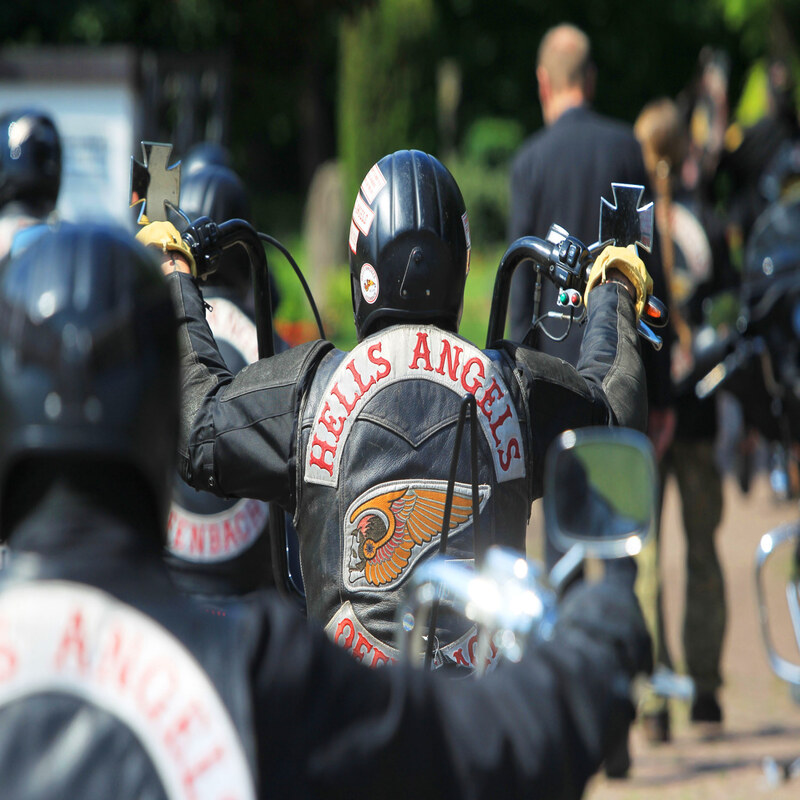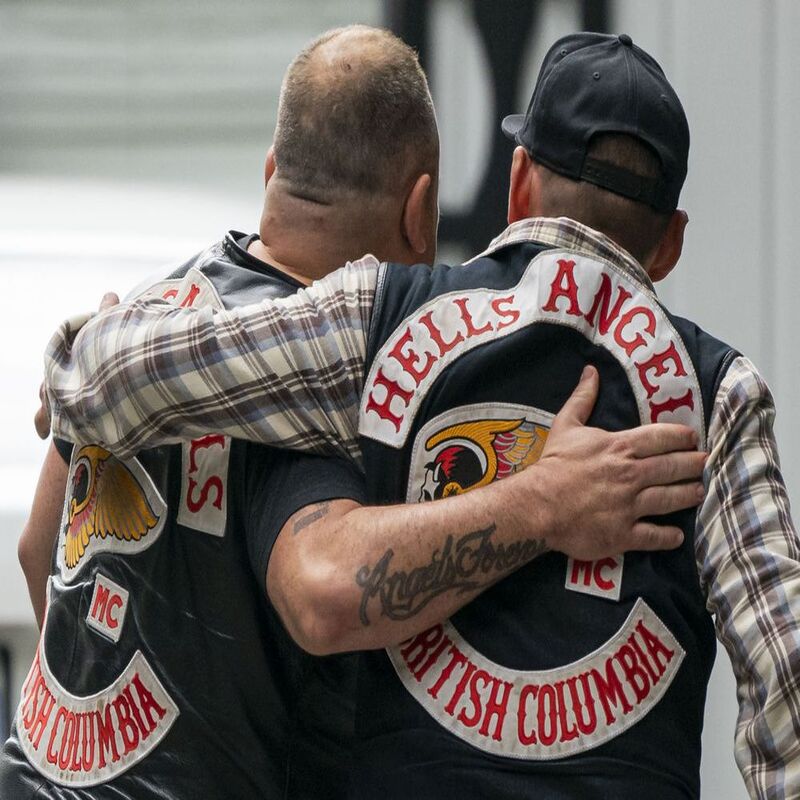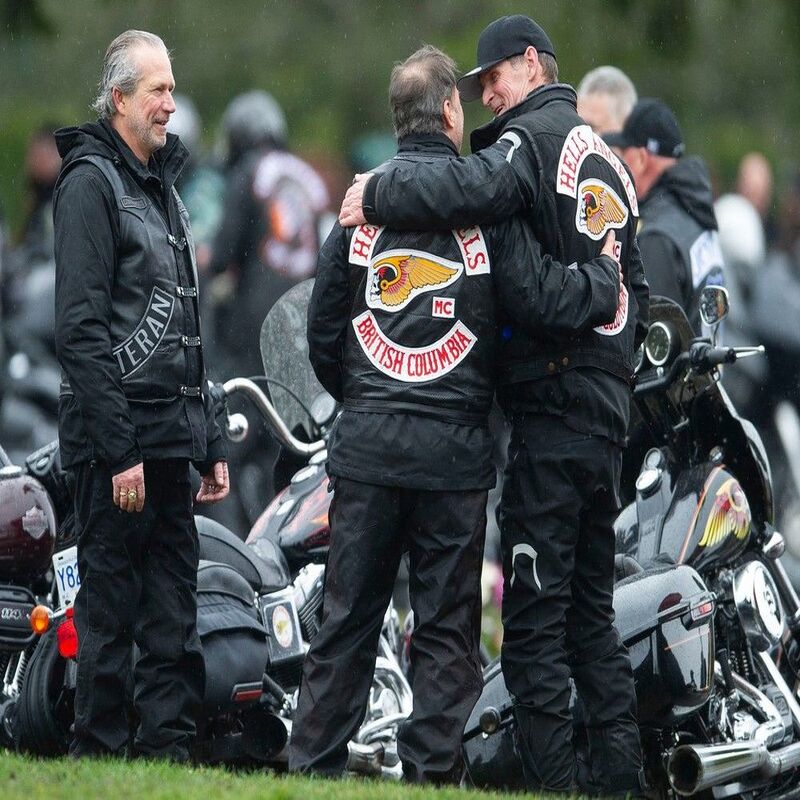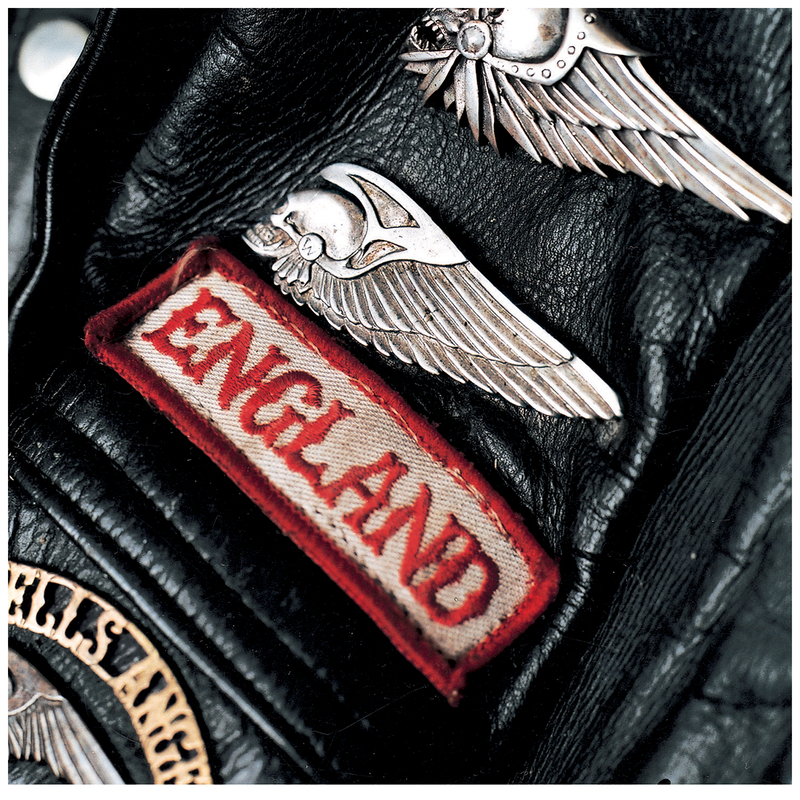The Hells Angels Motorcycle Club is one of the world’s most notorious motorcycle clubs. Founded in 1948 in California, it has garnered a reputation for a mix of loyalty, rebellion, and controversy. Whether in media portrayals or popular culture, the Hells Angels often represent a fearless subculture. Their members proudly ride with the club’s distinctive insignia, a death’s head skull. However, this iconic image is not just a symbol; it’s a badge of honor. The club embodies camaraderie, freedom, and a unique lifestyle that many find alluring. While some view them with fascination, others criticize their activities. Regardless of the viewpoint, the Hells Angels remain a defining force in motorcycle culture.
The Origins of the Hells Angels
Founding in the Post-War Era
The post-World War II period in America created fertile ground for motorcycle clubs. Many veterans sought camaraderie and adventure after returning home. This environment contributed to the formation of the Hells Angels. The club started in San Bernadino, California, and quickly attracted attention. As members began riding together, they became known for their distinctive jackets adorned with patches. The name “Hells Angels” has roots in an aviation squadron during the war. The club adopted the name, symbolizing bravery and adventure.
Rapid Expansion and Community Impact
As the Hells Angels expanded, other chapters began forming across the United States. In less than a decade, they became a national phenomenon. Each chapter maintained its unique identity while adhering to common rules. The emphasis on loyalty and brotherhood initially appealed to many. These ideals fostered a strong sense of community among members. However, this growth also attracted scrutiny. Law enforcement began monitoring the Hells Angels due to reports of criminal activity. Despite the controversy, the club continued expanding internationally. Today, chapters exist in Europe, Australia, and beyond.

The Hells Angels Lifestyle and Culture
Brotherhood and Camaraderie
At the heart of the Hells Angels’ appeal lies the profound sense of brotherhood. Members refer to each other as “brothers,” fostering strong bonds of loyalty. This connection goes beyond mere friendship; it’s a deep commitment. They rely on each other through thick and thin. Many members claim they find a family within the club, feeling more connected than in their biological families. Social events, bike rides, and gatherings further strengthen these ties. Such activities create lasting memories and shared experiences.
The Role of Custom Motorcycles
Custom motorcycles play an essential role in Hells Angels culture. Each member often maintains a unique bike, reflecting their personal style. Customization isn’t just for aesthetics; it symbolizes individuality and creativity. Members take pride in their machines, showcasing their craftsmanship. Additionally, motorcycles serve as a means of freedom and escape. Riders often describe the exhilarating feeling of the open road. This romantic notion of biking aligns perfectly with the Hells Angels’ lifestyle. The bond between a member and their motorcycle often runs deep, creating a sense of identity.
Controversies Surrounding the Hells Angels
Law Enforcement and Criminal Allegations
The Hells Angels have faced numerous allegations over the years. These range from drug trafficking to violent crimes. Law enforcement agencies often scrutinize the club’s activities. Members are frequently monitored, with undercover investigations ramping up. Many argue that these allegations stem from societal misconceptions about motorcycle clubs. Others point to documented criminal activity as legitimate reasons for concern. Regardless, the association with crime has undeniably impacted the club’s image.
Media Portrayals and Public Perception
Media portrayals can inflate perceptions about the Hells Angels. Films, documentaries, and articles often depict them as dangerous outlaws. Such representations may leave a lasting impression on the public. While some portrayals capture elements of their culture, others sensationalize conflict. As a result, the reality often gets lost in the narrative. In contrast, many Hells Angels stress that they aim for freedom and camaraderie. They feel misunderstood and misrepresented by popular culture. Members claim that the club provides support and friendship.
The Hells Angels’ Influence and Legacy
Impact on Motorcycle Culture
The Hells Angels have significantly influenced motorcycle culture. They popularized the concept of motorcycle clubs, paving the way for others. Their style, values, and brotherhood resonate with many motorcycle enthusiasts. The imagery associated with the Hells Angels has become iconic over decades. Beyond influencing individual members, they’ve contributed to a broader subculture. Other clubs have adopted aspects of their model while maintaining unique identities.
Longevity and Adaptation
Despite evolving societal norms, the Hells Angels maintain their relevance. Over the years, they have adapted to changing circumstances. The club has embraced modern technology, including social media, to connect with members. Moreover, they have navigated challenges while preserving their core values. This adaptability has ensured longevity, allowing the club to endure despite scrutiny. They continue attracting new members, eager to join the brotherhood.

Membership and Initiation Processes
Application and Vetting
The process of becoming a Hells Angel is rigorous and demanding. Interested individuals must typically demonstrate loyalty and commitment. The initial application often involves recommendations from existing members. Potential candidates need to understand the club’s culture and values. This vetting process ensures that only those genuinely aligned with the club’s ethos gain entry.
The Ritual of Initiation
Once vetted, a candidate must undergo an initiation process. This rite of passage usually varies by chapter, often involving challenging tasks. Initiation rituals reinforce the group’s bond while testing commitment. Candidates often participate in rides, events, or other activities to showcase their dedication. After successful initiation, they officially become full-fledged members. This journey emphasizes loyalty and dedication to the Hells Angels.
Hells Angels Philanthropic Efforts
Community Involvement
Despite their controversial reputation, the Hells Angels engage in various charitable activities. Many chapters participate in community events and outreach programs. They often organize fundraising rides, benefiting numerous causes. Such efforts reflect the club’s desire to give back to the community. Furthermore, these initiatives can help counter negative perceptions.
Support for Fellow Members
The Hells Angels also prioritize supporting their own members during tough times. Illness or financial hardships often trigger organized assistance. Members rally together to help one another, reflecting true brotherhood. In this way, the club fosters a sense of unity and solidarity. This support system reinforces the club’s core values. Through their actions, they show commitment to one another and the community.

The Future of the Hells Angels
As society evolves, the Hells Angels face unique challenges. They must navigate shifting perceptions and legal scrutiny. While the club maintains its identity, adapting is essential for survival. Changes in laws related to motorcycle gangs may impact their operations. Nevertheless, the club’s core values seem steadfast amidst societal shifts. They remain committed to the brotherhood that defines them.
Embracing Change
Like many organizations, the Hells Angels must embrace change while honoring tradition. Social media has become integral to modern motorcycle culture. Therefore, using these platforms allows better connection with existing and potential members. The club may refine its approach while retaining its identity. This adaptability ensures that they continue attracting new members and support.
Conclusion: An Enduring Legacy
In conclusion, the Hells Angels Motorcycle Club embodies a complex legacy. Their deep-rooted brotherhood draws many individuals into their fold. While they face scrutiny from law enforcement and the public, their community outreach initiatives show a different side. The club’s influence is unmistakable in the motorcycle culture. By examining their origins, lifestyle, and controversies, one gains insight into their lasting impact. As they navigate modern challenges, the Hells Angels will likely remain a defining force in motorcycle culture for years to come.
Ultimately, the Hells Angels represent far more than mere rebellion. They are a portrayal of camaraderie, loyalty, and a unique lifestyle. While perceptions of them may vary, their commitment to each other is undeniable. Understanding their legacy involves looking beyond stereotypes to see the values they uphold.



